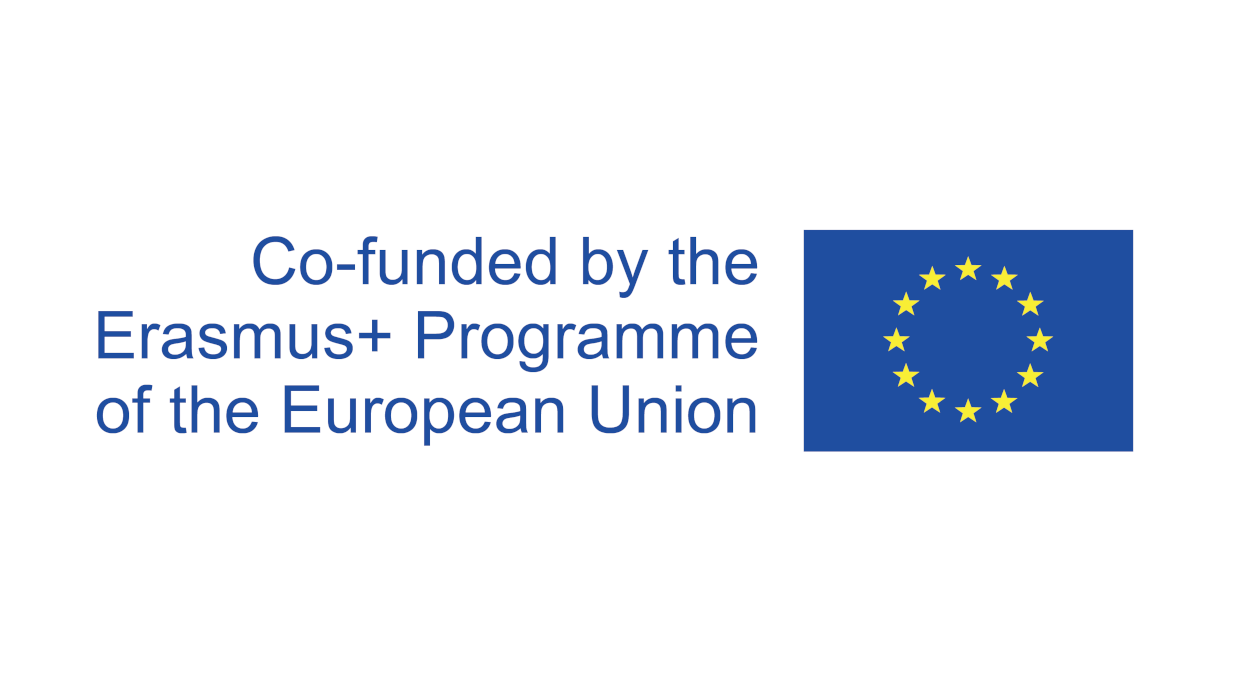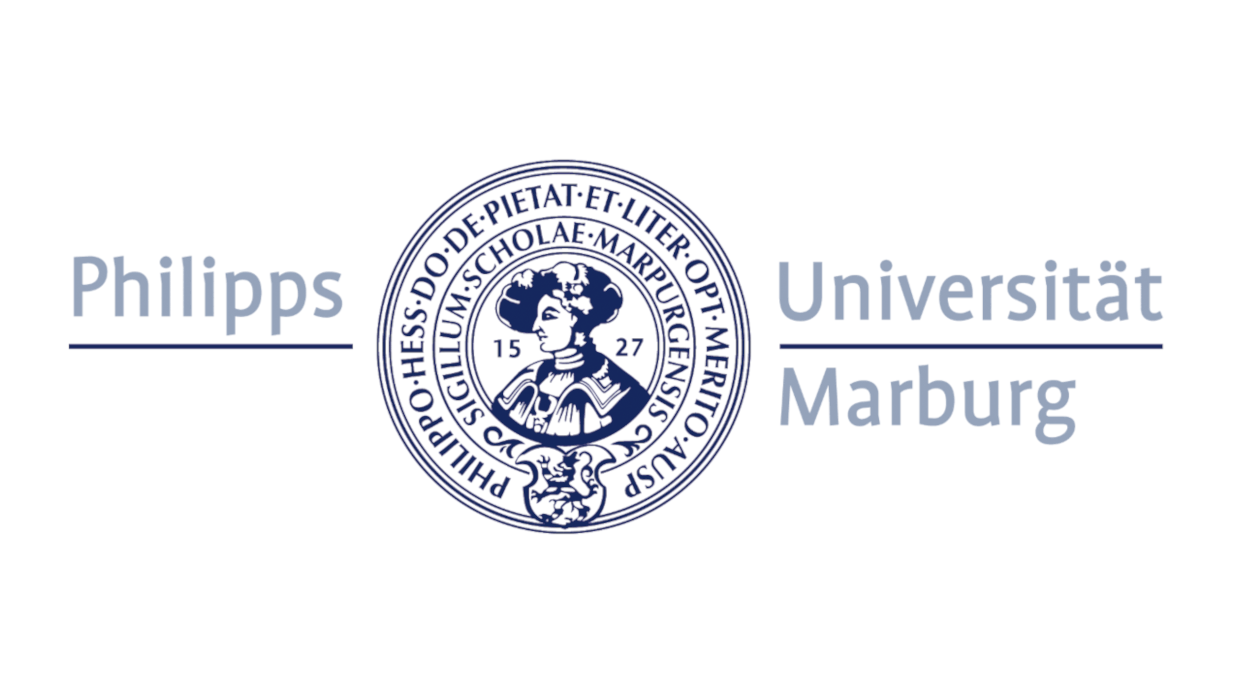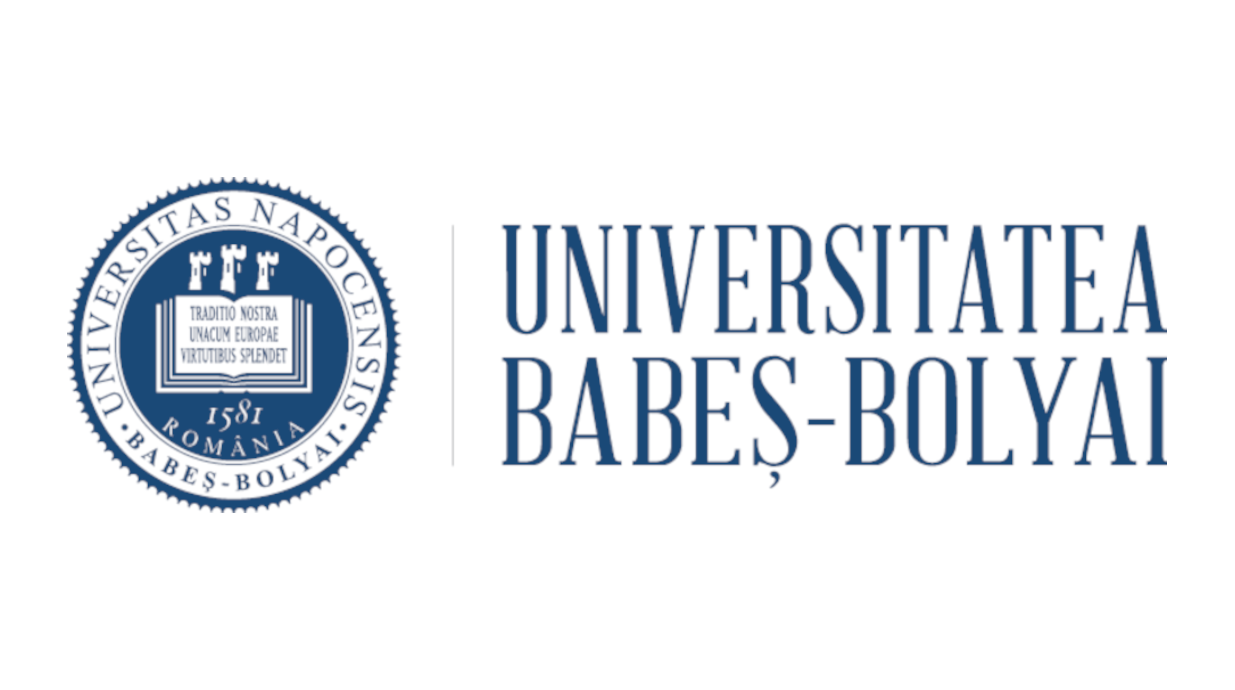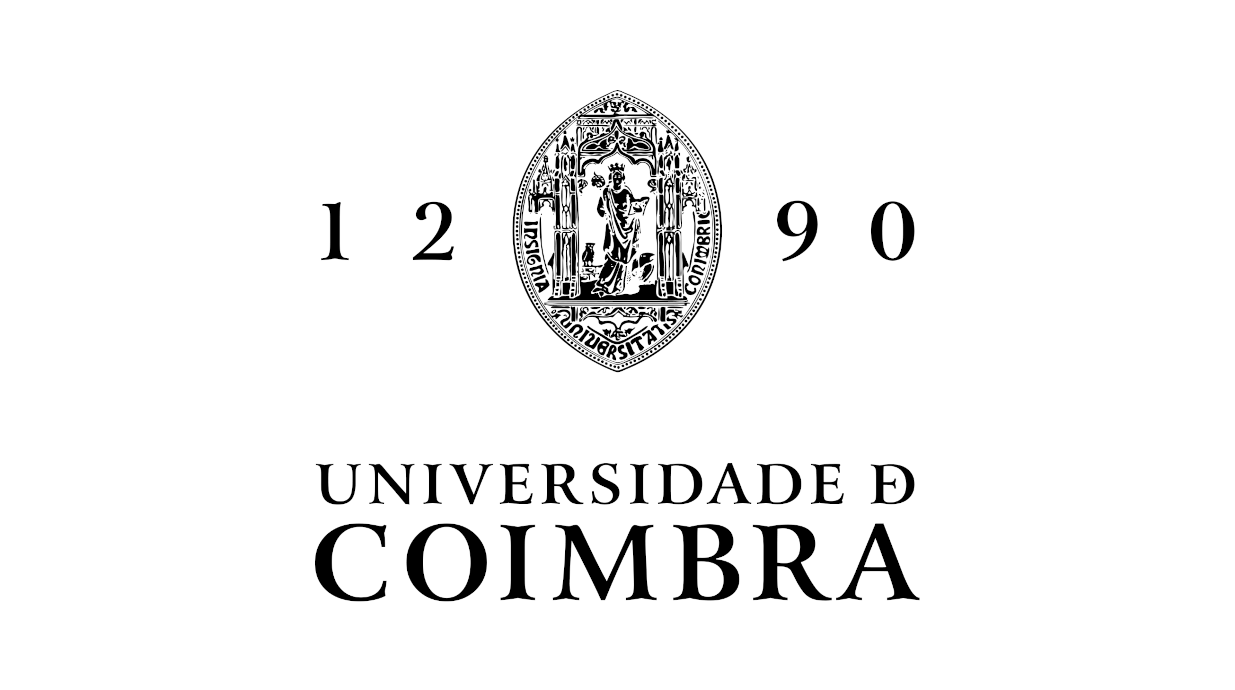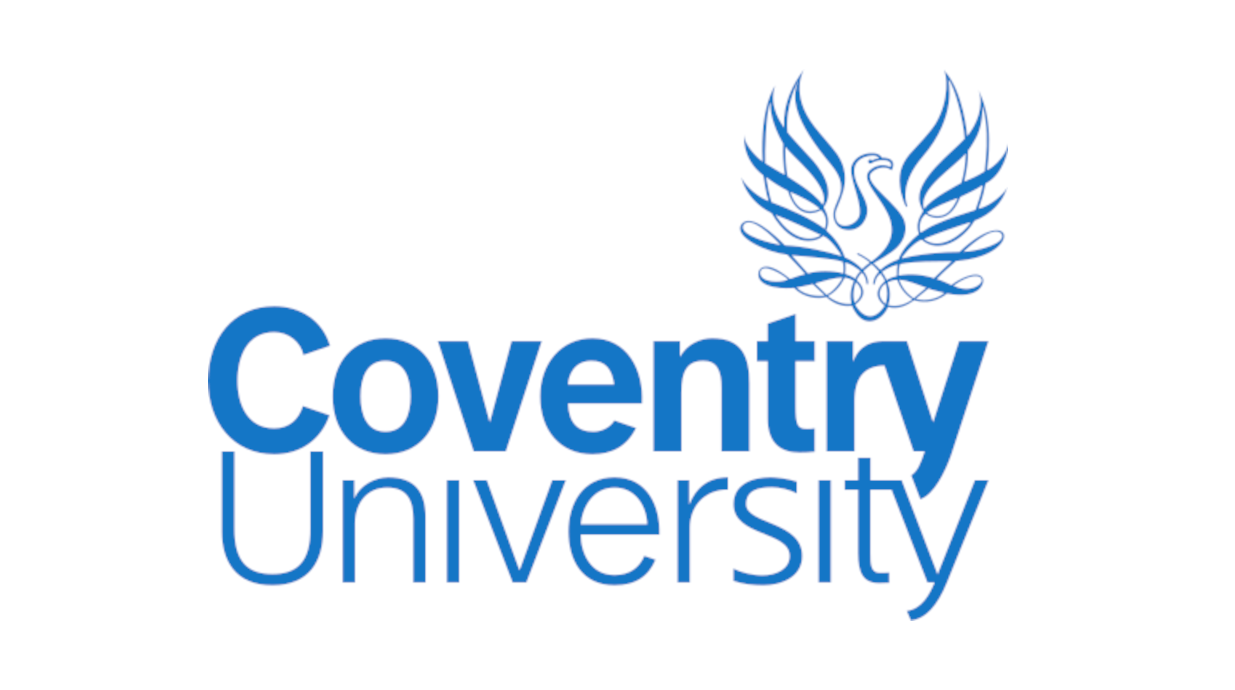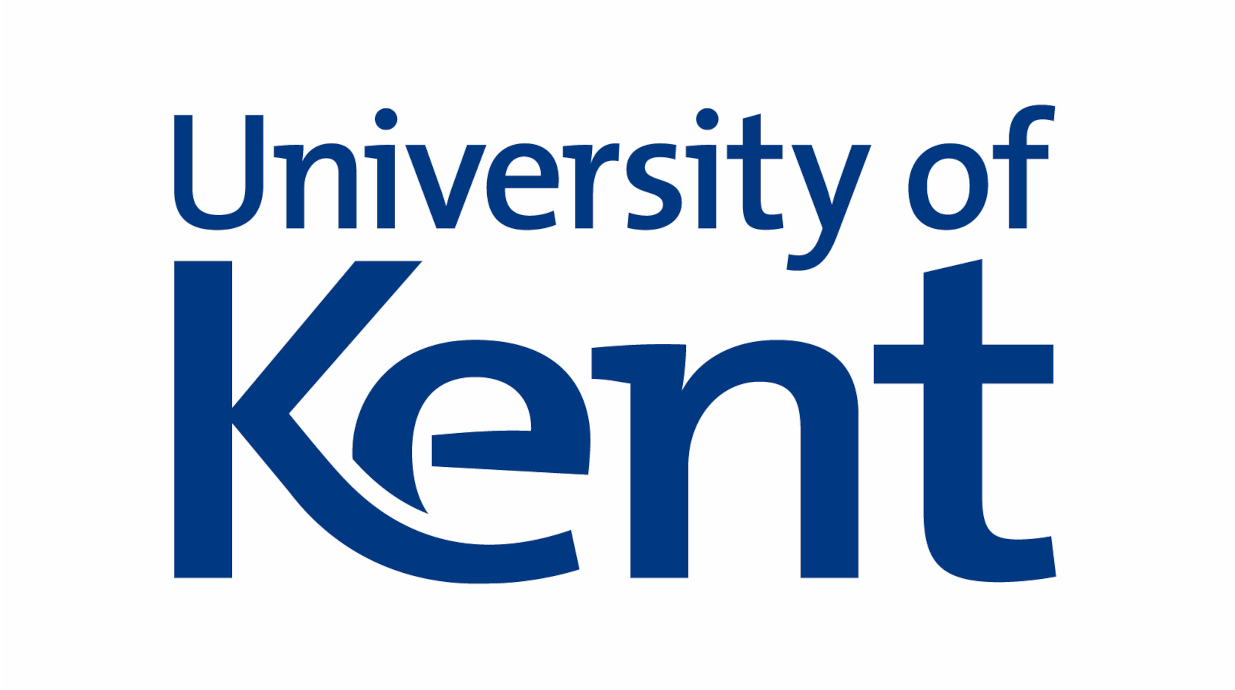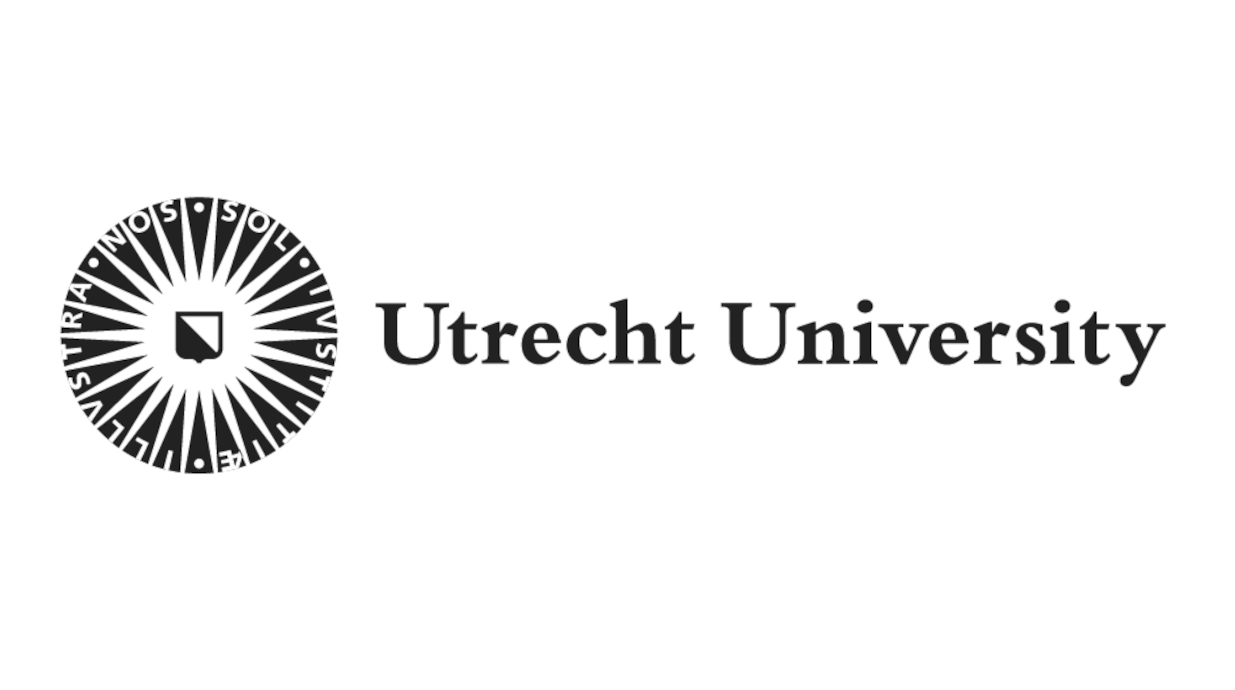03.06.2022 Workshop at University of Kent on Inclusion in Practices of WBL
Learning, Teaching and Training Activity 16. - 18.05.2022

For the already second meeting in person this year, the project members travelled to Canterbury for a workshop organised by the partner of the University of Kent. This first meeting in Kent was designed as a three-day event and organized in a hybrid format, as unfortunately not all INCOPS researchers were able to come to Canterbury in person. However, project-external educators, researchers and administrative staff of the partner universities in Coventry and Canterbury were able to join the workshop as well.
The following people participated and contributed at the workshop: Ana Pantea (Cluj, online), Ezechiel Sentama (Coventry), Frank Grundig (Kent), James Corbin (Kent), Lena Runge (Marburg), Luuk Slooter (Utrecht), Michaelina Jakala (Coventry), Miho Taka (Coventry), Nadine Ansorg (Kent), Ngaio Lanfray (Kent), Sergiu Mişoiu (Cluj, online), Stéphane Voell (Marburg).
It was a very successful meeting in which we focused on a great variety of aspects that concern comprehensively inclusive implementation of Work-Based Learning (WBL) practices in the field of peace, conflict and security studies. The results of the focus group interviews conducted in the second project phase (Intellectual Output 2) served as a first basis of our discussions on challenges and current practices regarding inclusion. Inclusion is understood in INCOPS in a broad, sociological sense. It is about the equal, self-determined participation of all people in society, which includes an attentive consideration of people with specific needs. Furthermore, the workshop continued in the coffee breaks and evening programs as we profited from the opportunity to discover the Kent campus and admire the historical town of Canterbury, an UNESCO World Heritage Site.
In general, the meeting had several objectives. While discussing challenges regarding a successful inclusive implementation of WBL in degree programmes and in their application selection procedure, the workshop provided a valuable opportunity to gather input and discuss preliminary suggestions on how inclusion can be considered from the very beginning in the planning, implementation and monitoring of WBL in the field of peace, conflict and security studies. For this, the presentation by the head of Careers and Employment Services of the University of Kent gave valuable insights and perspectives on the role of inclusion in supporting placement preparation. Additionally, we focused on overall inclusion procedures that are already being practised in the INCOPS partner network and their possible applicability in other higher education institutions as well. Besides, we gathered first inputs for a successful and inclusive integration of digital tools for accompanying, reflecting and assessing WBL experiences for (former) students. Moreover, the partners discussed guiding questions and research priorities for the upcoming outputs. For this, the exchange with the head of the School of Politics and International Relations at the University of Kent gave enriching impulses. In addition, at the organisational and coordination level, the respected lead partner of the recently started third project phase gave a first outlook on the respective intellectual output and its current planning status and clarified still open questions. The further procedure, the partners’ tasks and upcoming meetings in the following months were likewise outlined and discussed.
Contact
Stéphane Voell
Mail: konflikt@uni-marburg.de
